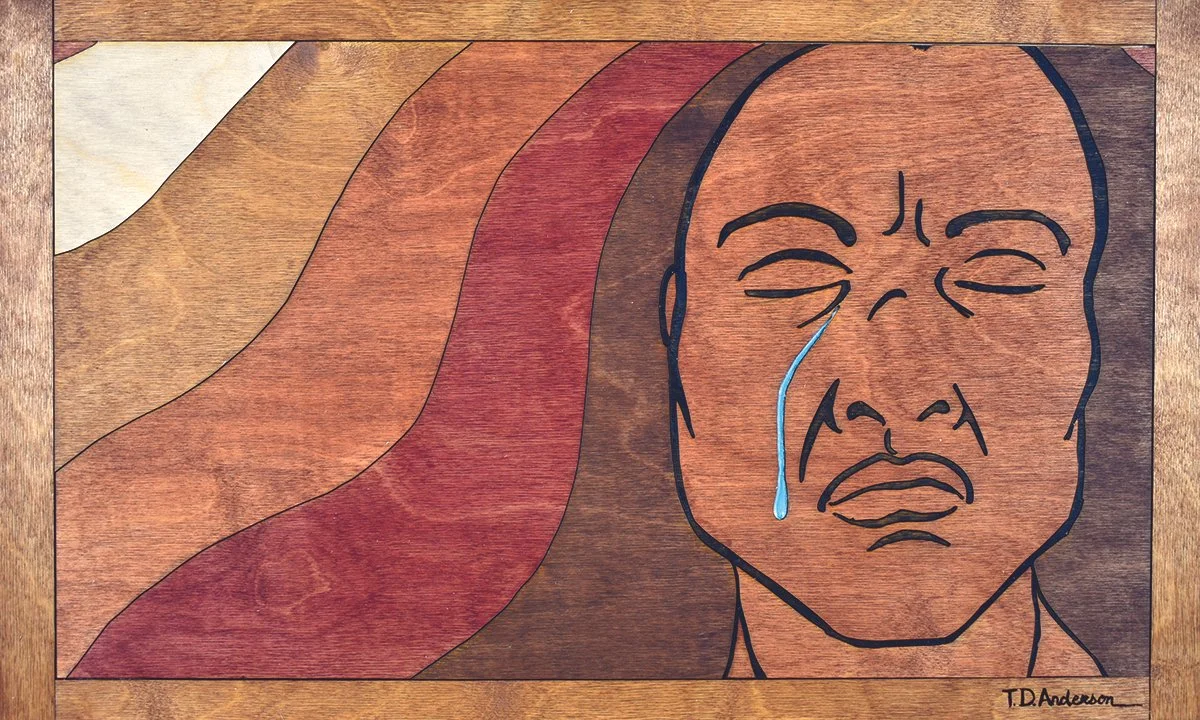
The center of our faith, the center of our week.
Our worship is intergenerational, radically inclusive, and open to everyone
Worship at Indianola
Down-to-earth | Casual | Traditional | Contemplative | Creative
IPC's worship service is filled with beautiful historic and contemporary music and inspiring, relevant messages for all ages.
Each week we reconnect with God and one another through song, prayer, art, and scriptural reflection & dialogue.
We believe faith is something best practiced and shaped in community
and that worship is the best laboratory we have for God to shape us and allow us to experiment with and grow in faith!
Sundays at 10:30 am
Sunday Worship
Join us at 10:30am for worship and community.
Parking is available across the street in our lot.
Online Worship
Watch Live or Anytime On Youtube or Facebook

Our sanctuary and worship format leans a bit “traditional,”
but you will always find here:
- rich, spirit-filled music drawing from contemporary & historic sources -
- a relevant scriptural message steeped in liberation theology as well as the reformed tradition -
- a radically warm, welcoming, and inclusive community -
- a place to “come-as-you-are” -

Kids of all ages are always welcome to join parents in the sanctuary for all parts of worship on Sunday. God put the wiggles in children, don’t feel you have to suppress it in God’s house. All kids are invited to come down for a special message just for them before the sermon.
For younger kids and nursing parents
At the back of our sanctuary is our Kid’s Carpet with rockers, toys, books, coloring materials and plenty of space for ambitious crawlers and wandering toddlers.
For older kids
At the front of the sanctuary are our Kid’s Table, stocked with activities to engage kids in worship. Parents are encouraged to sit in the front pew and continue to help your child worship.
Kids in Church!
- Worship This Sunday -
March 1, 2026
WE GATHER IN AWE AND PRAISE
PRELUDE “When Twilight Comes” DAPIT HAPON
WELCOME Rev. Trip Porch
One: This is the day that the Lord has made
All: Let us rejoice and be glad in it.
*CALL TO WORSHIP
We don’t come with all the answers,
but with honest hearts and open hands.
We come with our worries about people we love,
with our fears about things we cannot fix.
We come with the weight of a world that feels uncertain,
with grief for what we hoped would be different.
We come because we cannot do this alone,
and because we were never meant to.
So let us worship the God who meets us here to be with us in all of it.
Come, let us worship together.
*HYMN INSERT “Since the Lord is My Salvation” NETTLETON
Words by Carolyn Winfrey Gillette
*PRAYER OF CONFESSION Bob Concitis
Gracious God, we confess that we are afraid of what we cannot control.
We exhaust ourselves trying to manage outcomes that belong to you.
We have treated our own effort as the thing that holds the world together,
and when things fall apart, we have blamed ourselves… or others… or even you.
Forgive us, God. Teach us again how to lament, how to grieve honestly, and to trust more deeply.
Silence is kept.
*ASSURANCE OF PARDON
*RESPONSE OF PRAISE 851 “Come, Bring Your Burdens to God” Woza Nomthwalo Wakho
*PASSING OF THE PEACE
One: The peace of our Lord Jesus Christ be with you all,
All: And also with you.
WE LISTEN FOR GOD’S WORD
MUSICAL OFFERING “Expectans Expectavi” from Oratorio de Noel Camille Saint-Saens
Kya Angle
CHILDREN’S MESSAGE Robin Murray
PRAYER FOR ILLUMINATION
SCRIPTURE Luke 13: 22; 31-35 The Message
He went on teaching from town to village, village to town, but keeping on a steady course toward Jerusalem.
Just then some Pharisees came up and said, “Run for your life! Herod’s got your number. He’s out to kill you!”
Jesus said, “Tell that fox that I’ve no time for him right now. Today and tomorrow I’m busy clearing out the demons and healing the sick; the third day I’m wrapping things up. Besides, it’s not proper for a prophet to come to a bad end outside Jerusalem.
Jerusalem, Jerusalem, killer of prophets,
abuser of the messengers of God!
How often I’ve longed to gather your children,
gather your children like a hen,
Her brood safe under her wings—
but you refused and turned away!
And now it’s too late: You won’t see me again
until the day you say,
‘Blessed is he
who comes in
the name of God.’”
SERMON Rev. Trip Porch
WE RESPOND TO GOD’S WORD
*HYMN 195 “When Twilight Comes” DAPIT HAPON
Soloist will sing verse 1; all are then invited to sing all verses
TIME OF OFFERING online giving is available at www. indianolapres.org/give
OFFERTORY Litanei auf das Fest Aller Seelen, D. 343 Franz Schubert
COMMUNION
INVITATION TO THE TABLE
GREAT PRAYER OF THANKSGIVING
SHARING OF BREAD AND CUP 525 “Let Us Break Bread Together” LET US BREAK BREAD
PRAYER AFTER COMMUNION
You’ve fed us, even though we did not earn it. You’ve held us, even though we could not manage it ourselves. Send us now into the world not as those who have it figured out, but as those who have been loved, and who can love in return. Amen.
*HYMN 343 “Where Cross the Crowded Ways of Life” GERMANY
TIME OF COMMUNITY SHARING
CHARGE & BENEDICTION
POSTLUDE “Where Cross the Crowded Ways of Life” arr. Lloyd Larson
Acknowledgments: Unless otherwise indicated, all texts and music are printed and broadcast under OneLicense.net license #A-702452





